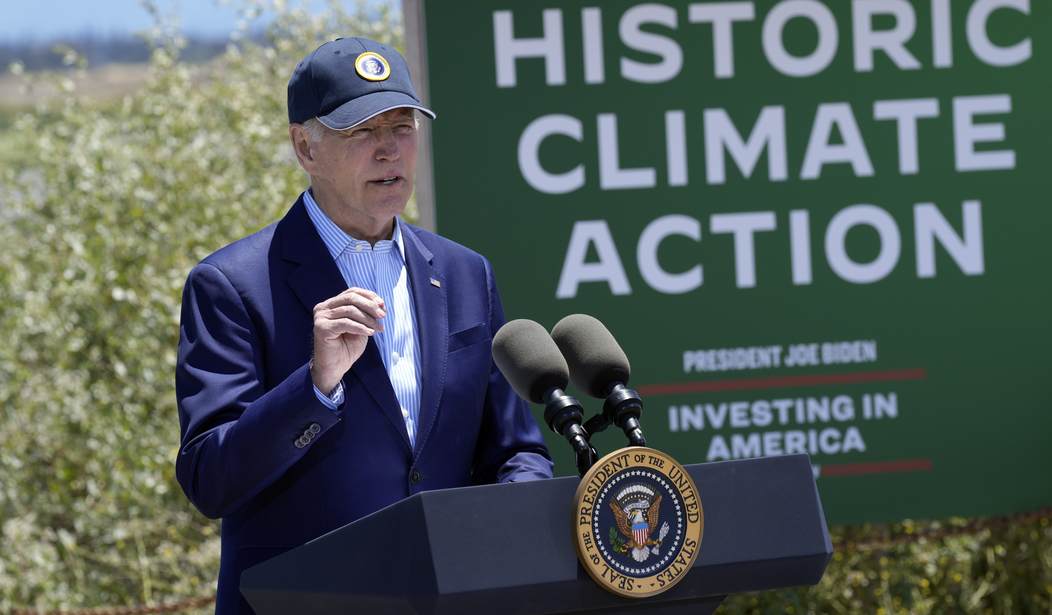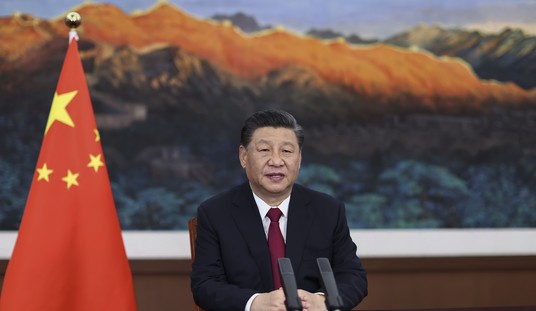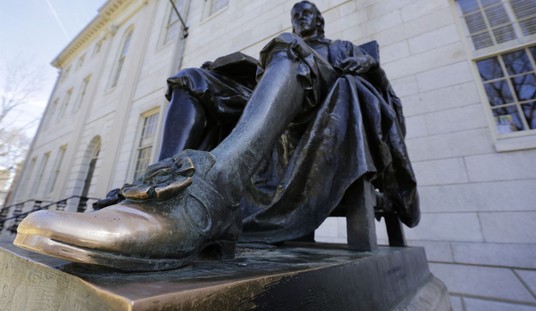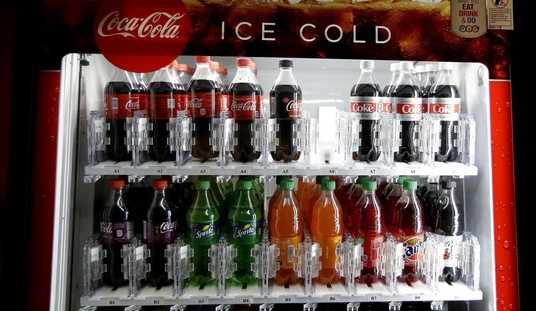What do you call it when what was once an esteemed, peer-reviewed scientific journal forces a researcher to censor his own work to fit a narrative before they will publish?
Whatever you call it, it's not science. It's dogma, and in this context, it's intolerable. But that's precisely what PhD climate scientist Patrick Brown of The Breakthrough Institute was forced to do to be published in Nature.
The paper I just published—“Climate warming increases extreme daily wildfire growth risk in California”—focuses exclusively on how climate change has affected extreme wildfire behavior. I knew not to try to quantify key aspects other than climate change in my research because it would dilute the story that prestigious journals like Nature and its rival, Science, want to tell.
This matters because it is critically important for scientists to be published in high-profile journals; in many ways, they are the gatekeepers for career success in academia. And the editors of these journals have made it abundantly clear, both by what they publish and what they reject, that they want climate papers that support certain preapproved narratives—even when those narratives come at the expense of broader knowledge for society.
Having a background in the sciences myself, this is a topic that I think I know a little about. So, let's review how the scientific method is supposed to work.
- An observation prompts a question. Many great discoveries have come not accompanied by shouts of "Eureka!" but more often the comment "Huh. That's weird." This is the observation phase.
- Research begins. In this phase, one looks at existing work in the field, examines the conclusions of that work, and determines if the question has already been answered.
- Hypothesis. If the question has not been addressed, at this point, the researcher develops a working idea as to what mechanism or phenomenon might answer the question.
- Experiment. In this phase, the researcher designs experiments to test the hypothesis. Experiments must be independently verifiable, repeatable, and produce quantifiable results.
- Analysis. Does the experimental data support the hypothesis? If it does, then move on. If it does not, and this is key, change the hypothesis and go back to step 3.
- Report conclusions. Honestly, openly, no matter how uncomfortable they may make other researchers; then others can attempt to confirm or refute the researcher's work.
That's how science works. That's not what happened to Dr. Brown:
...In theory, scientific research should prize curiosity, dispassionate objectivity, and a commitment to uncovering the truth. Surely those are the qualities that editors of scientific journals should value.
In reality, though, the biases of the editors (and the reviewers they call upon to evaluate submissions) exert a major influence on the collective output of entire fields. They select what gets published from a large pool of entries, and in doing so, they also shape how research is conducted more broadly. Savvy researchers tailor their studies to maximize the likelihood that their work is accepted. I know this because I am one of them.
Dr. Brown's experience is not unique. The International Monetary Fund (IMF) recently canceled a speech from a Nobel laureate because he questioned the party line on climate change. The Biden Administration is certainly in on the game as well, as noted by RedState's own Mike Miller.
And lest we forget, my colleague Becky Noble recently detailed how some at the United Nations are willing to force us into climate compliance.
Dr. Brown concludes his tale thus:
What really should matter isn’t citations for the journals, clicks for the media, or career status for the academics—but research that actually helps society.
In this, Dr. Brown is precisely correct. That's what research is supposed to do. That's what it has done in the past. But now, it seems too much of this work is about toeing the line, supporting the narratives, and, yes, scoring grants. That's not science. That is, in fact, anti-science; in other words, dogma.
Climate change, of course, is real. The climate has changed over and over throughout Earth's history, and it will continue to change. Right now, we are in an inter-glacial period, so things are relatively salubrious. As recently as the Miocene, the planet was quite a bit warmer than it is now - and not an SUV in sight.
Around here, in our own Susitna Valley, things can sure be on the chilly side. Along about January, we will be hoping for a little global (or at least local) warming.
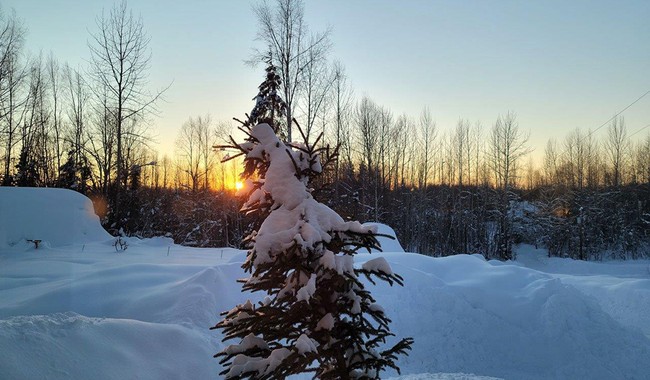
What's left out of this discussion is this: It is pure hubris to think that we humans, out of all the species that have lived on the planet in its long history, somehow have insight as to what the planet's "correct" temperature is. The climate has changed, and it will continue to change, and that's a fact, no matter how much intrusive governments force us to reduce our standard of living to deal with it. Forcing researchers into compliance won't help anything, and it will do inestimable damage to any attempts at honest, scrupulous research.
If that isn't a matter of serious concern among those of us who are concerned with improving human standards of living, I don't know what is.

